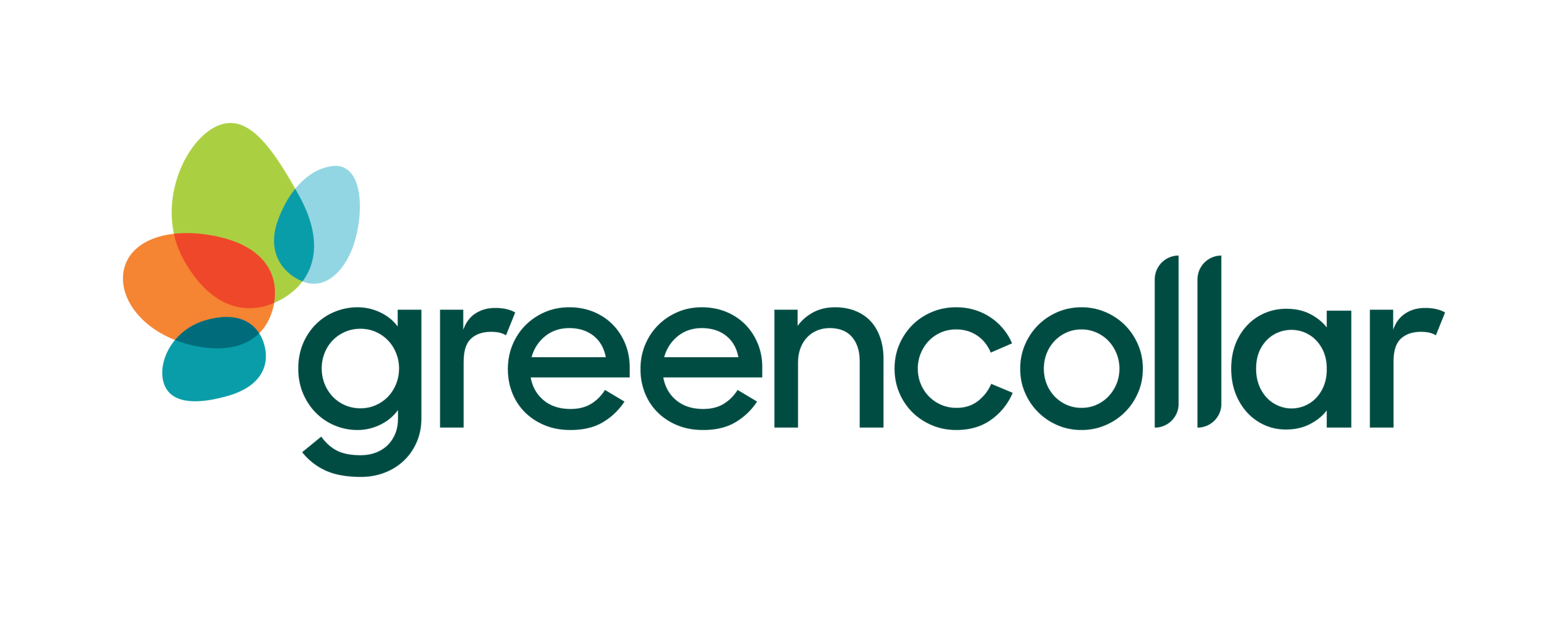GreenCollar pioneers market-based mechanism for plastic waste reduction
In the 65 years between 1950 and 2015, global plastic production snowballed from 2 million tonnes annually to a whopping 381 million tonnes a year. And yet by the end of this period, only 45% of this plastic waste was being incinerated or recycled. Meaning more than half was discarded, ending up as pollution in the environment and the world’s oceans. In the past few years, we’ve reached a global crisis point for plastic pollution – with new incentives urgently needed to scale-up waste collection and recycling efforts.
This makes the launch of the new Plastic Credits program so exciting. Newly approved by US not-for-profit Verra, the program provides a financial incentive for participants to verifiably manage and reduce their plastic waste, paying them one Plastic Credit for every tonne of plastic recovered from the environment or recycled into an end product.
The new market aims to scale up the transition to a circular economy. It does this by incentivising investment in waste collection and recycling infrastructure as part of the Plastic Waste Reduction Standard, which was introduced in early 2021.
How the Plastic Waste Reduction Standard works
The Plastic Waste Reduction Standard certifies Plastic Credits and sells them on to companies seeking to address their plastics usage. Companies can participate by auditing, monitoring and reducing their plastic footprint before offsetting what they are unable to immediately reduce by purchasing tangible Plastic Credits from projects that meet the Plastic Waste Reduction Standard.
For example, a beverage company might offset the environmental impact of the plastic bottles in its existing supply chain by purchasing the equivalent volume of Plastic Credits (while also pursuing a broader strategy to reduce or remove plastics in its future operations).
Importantly, businesses and individuals can earn credits at two stages of the plastic lifecycle – in the waste collection phase, where material is diverted or removed from the environment, or at the end of the recycling phase, where waste is reprocessed into a new product.
The benefits for landholders and communities who take on the reduction projects themselves extend beyond the monetary value of Plastic Credits. Associated employment opportunities, for instance, can materialise from efforts to implement safer ways to collect waste from the environment. Improved land health is another benefit: fewer plastics in the environment means healthier soil and waterways, which can lead to greater on-farm productivity.
GreenCollar’s three pioneering plastic recovery projects
As Australia’s principal environmental markets project developer and investor, GreenCollar is developing on-ground projects that tackle global plastic recovery and recycling efforts in meaningful and tangible ways. Our three pilot projects, initiated under the global Plastic Waste Reduction Standard, provide a market-based instrument for removing plastic waste from the environment, laying strong foundations for a sustainable future and a robust circular economy.
Our innovative two-phase banana cover reduction project – the first of its kind on Australian soil and only the second in the world – is already underway. The project encourages farms to collect and recycle used plastic banana bunch covers from farms in Far North Queensland. These plastic covers are estimated to generate an astonishing 500 tonnes of plastic waste each year. This innovative method of plastic reduction will provide a solution to help Australian farmers while delivering positive tangible outcomes for the environment.
In Africa, our Ghana Plastic Waste Recovery Project is designed to tackle plastic pollution on a bigger scale. Ghana generates around 1 million tonnes of plastic waste annually, with 89% of this ending up as pollution in the environment. The project works with partners on the ground to accelerate the recovery and recycling of plastic waste, benefiting landholders and local communities by providing safer employment opportunities and improved land management.
Our Vanuatu Plastic Waste Collection and Recycling Project in the Asia Pacific region targets a part of the world underserviced by the waste industry. Transporting waste to safe end-points is a challenge the Pacific Island nation has been struggling with for a long time. The project works with partners to provide the sustainable financing needed to collect plastic waste from the environment and find a positive end-of-life scenario for all the plastics collected.
Together, these three pioneering projects demonstrate GreenCollar’s ongoing commitment to developing innovative market-based methods to reduce plastic waste worldwide. The environmental, social and economic benefits can’t be understated.
Businesses and individuals interested in learning more about plastic credits can visit this page.

